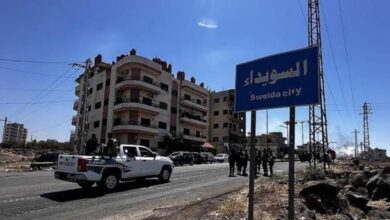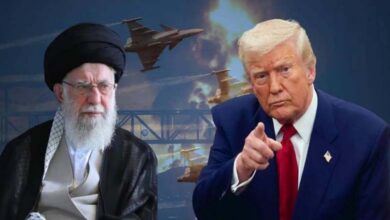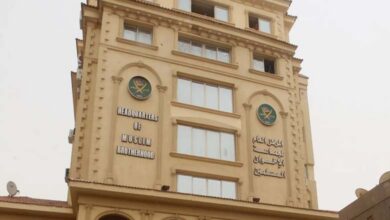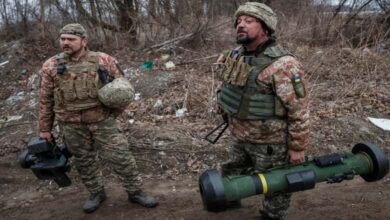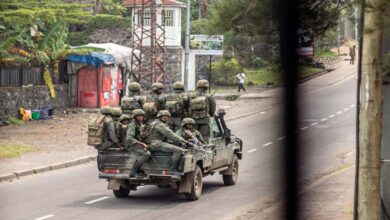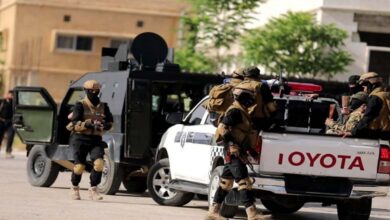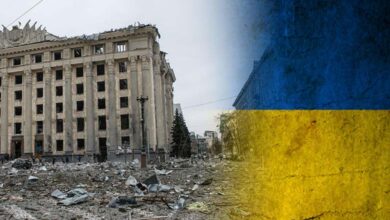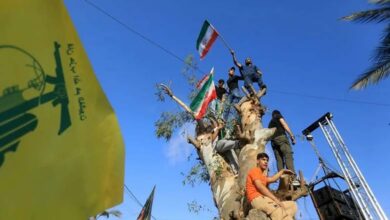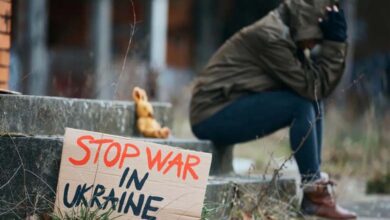How the Muslim Brotherhood ignited the war in Sudan?… Sequential events
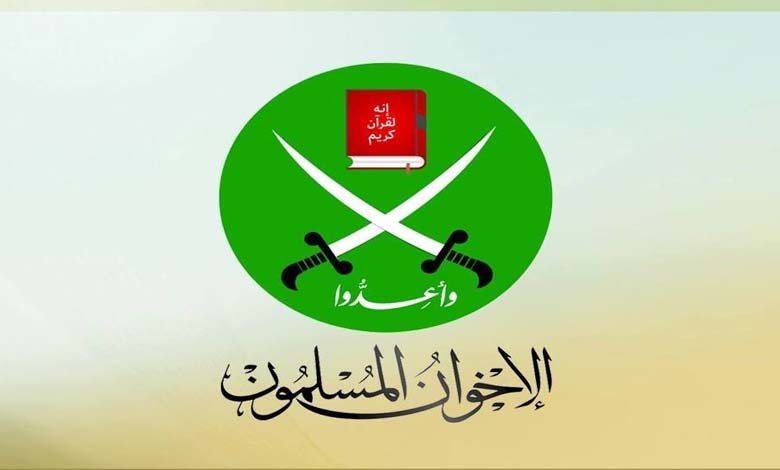
Many pieces of evidence confirm that the Muslim Brotherhood in Sudan is the main driver of the ongoing war, and that officials from the former regime (the National Congress Party) are planning and financing the continuation of this war to tighten their control over Sudan after weakening the Sudanese army and the Rapid Support Forces.
According to Al-Rakoba website, the Sudanese Brotherhood began maneuvering since the fall of their authoritarian system on April 11, 2019, to obstruct the transitional process and undermine the political agreement between the military and civilians.
They shifted their focus to hiding behind tribal and local facades, collaborating with the military to undermine the civilian democratic government led by Abdullah Hamdok and executing the coup on October 25, 2021.
In that period, the Brotherhood announced the formation of armed groups days before the war, notably the “Kayan Al-Watan Forces,” led by the organization’s officer, the former spokesman for the Sudanese army, Brigadier General Sawarmi Khaled Saad.
This formation included retired Brotherhood officers, and other armed militias were formed under the name “Shield of the North,” incorporating tribal components from the northern regions, and “Shield of the Nation,” including social components from the “Battana Plains” region in central Sudan. The Brotherhood formed a tribal alliance called the “Civil Alliance for Rights Recovery (Taharqa)” in the state of Nile River (North), including a military wing named the “Alliance Shield.”
A prominent figure from the Brotherhood, Ajeeb Tijani from the Jumaiya tribe, announced the formation of a military wing for the tribe to counter the peaceful revolution, closing roads and bridges during peaceful demonstrations.
Leaders of the former regime, including Ali Osman Mohammed Taha, Ahmed Haroun, Nafie Ali Nafie, and Awad al-Jaz, who left Kober Prison on April 25, just days after the start of the war between the army and the Rapid Support Forces, participated in forming these armed entities.
The Forces for Freedom and Change (the former ruling coalition in Sudan) considered that “the release of criminals from the former regime (the National Congress Party) from Kober Prison confirms that the ousted regime is behind the ongoing war in the country since April 15.”
In July last year, the appearance of some leaders of the Bashir regime in the states and the incitement to war sparked anger and dismay, fearing the escalation of sectarian strife and civil conflict.
Media reports mentioned that leaders of the dissolved National Congress Party (the former ruling regime), led by Ahmed Haroun and Awad al-Jaz, met with party and movement figures in Kassala State in eastern Sudan. They planned to tour several cities in the east and center of the country.
A statement issued by the spokesperson of the coup indictment body in June 1989, Muaaz Hadarat, at that time, accused military intelligence of arresting political activists among civilians calling for an end to the war in various states controlled by the army. Meanwhile, they refuse to arrest leaders of the ousted president’s regime who escaped justice.
The website retraced events to reach the first bullet that ignited the war. On the morning of April 15, Ali Karti, the Secretary-General of the “Islamic Movement,” vigorously sought to mobilize the “Shadow Brigades” to fire the first shot at the Rapid Support Forces inside the sports city south of Khartoum, leading to the outbreak of a destructive war.
After the Rapid Support Forces arrested the leader of the broad Islamic stream, Mohamed Ali Al-Jazouli, and the head of the National Congress Party (the former ruling party) in Khartoum State, Anas Omar, in May, a video was broadcast confessing to political and military coordination early on to undermine the framework agreement and plan for the current war.
The recorded testimonies indicated that groups affiliated with the army and the Brotherhood attacked the Rapid Support Forces at their headquarters in the sports city south of Khartoum, and the planning for firing the first shot and attacking the Rapid Support Forces was coordinated by the “Islamic Movement.”
Al-Jazouli is one of the controversial political figures known for his affiliation with the Islamic State (ISIS), supporting his organization with the army’s strength in its military operations against the Rapid Support Forces.
The Facebook page of the dissolved “National Congress Party” (the former ruling party) stated, “This is our war from the very beginning. There is no place for the hesitant and the cowards among us. Rise, O mujahid, and fulfill your covenant with the martyrs, either a life that pleases a friend or a death that infuriates the enemy.”
During the battles, media reports revealed the killing of a group of second-tier leaders in the Brotherhood organization, including Omar Qasim Siraj, Dr. Ayman Omar Faraj, and Mohammed Al-Fadl Abdelwahid Osman.
It is worth mentioning that the United States imposed sanctions last September on a number of leaders of the Muslim Brotherhood for “their role in undermining peace, security, and stability in Sudan.”


